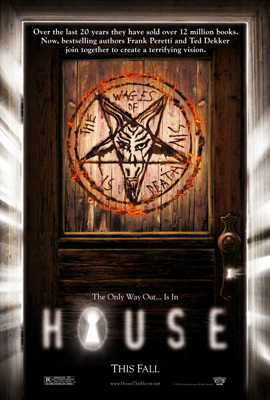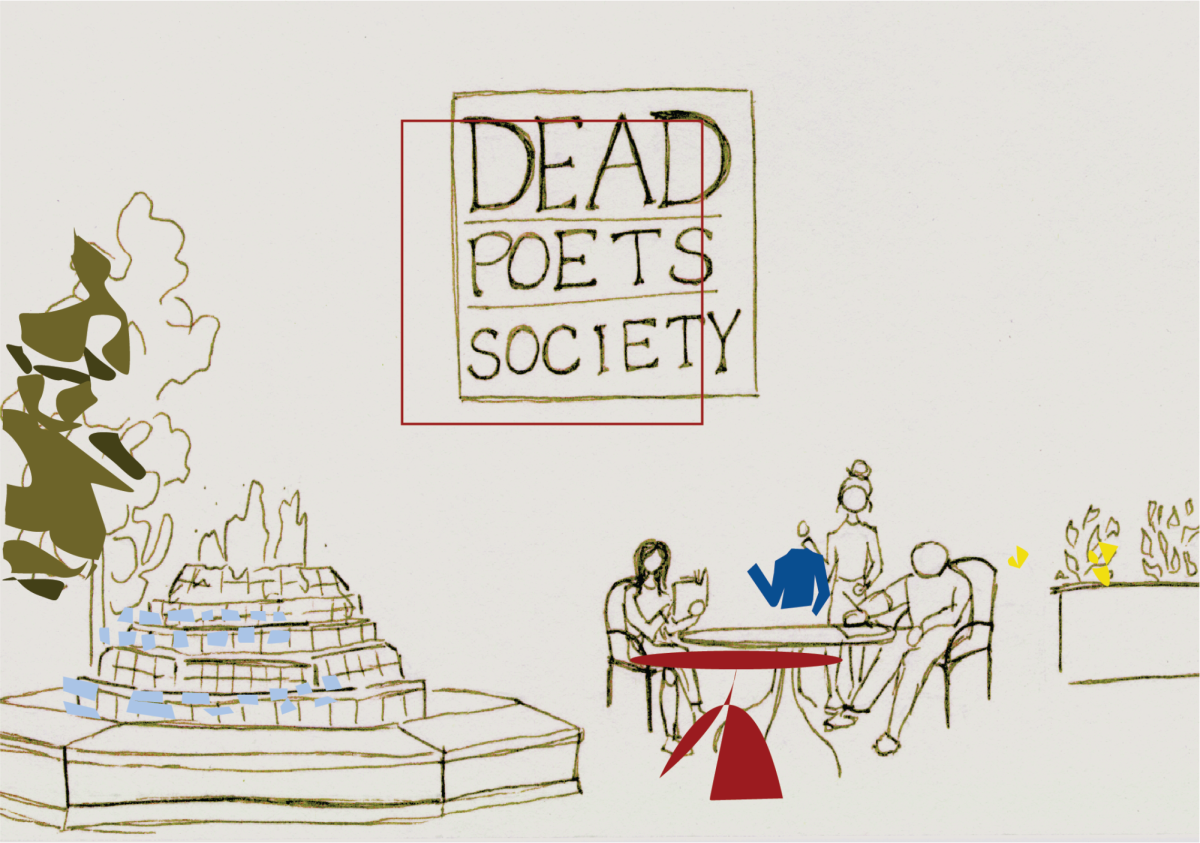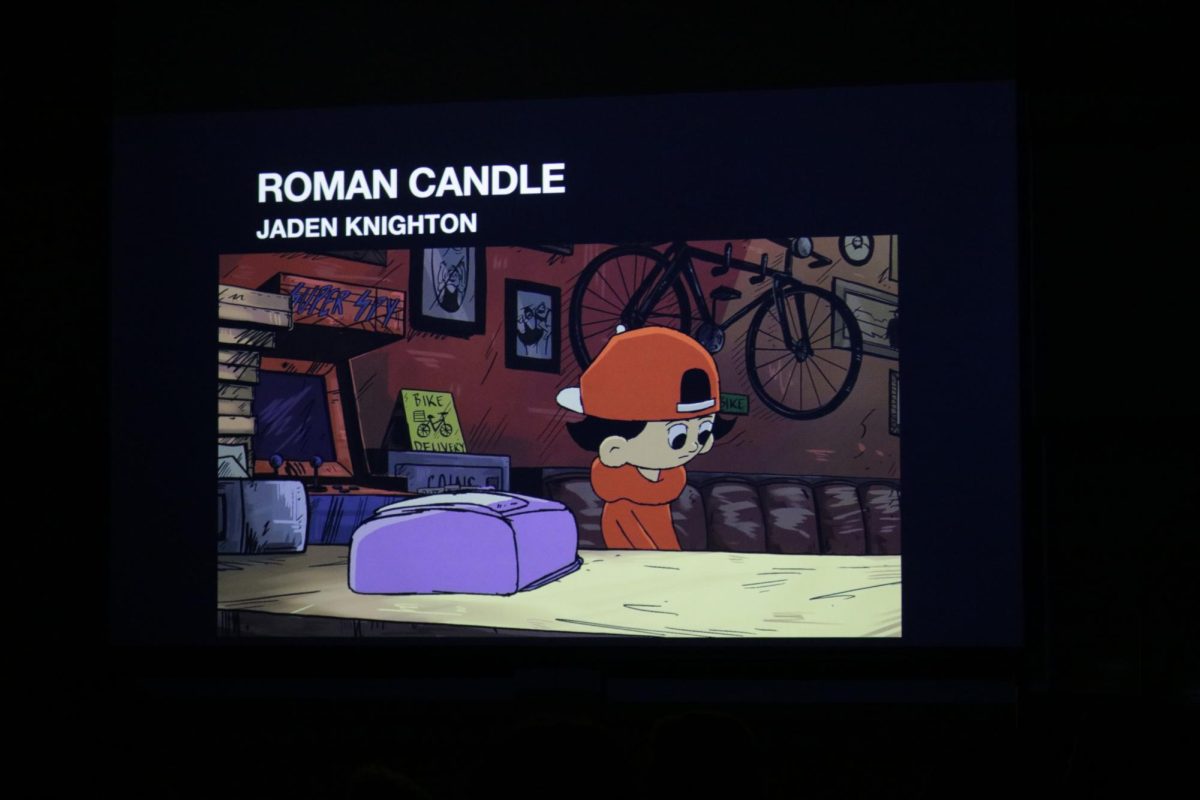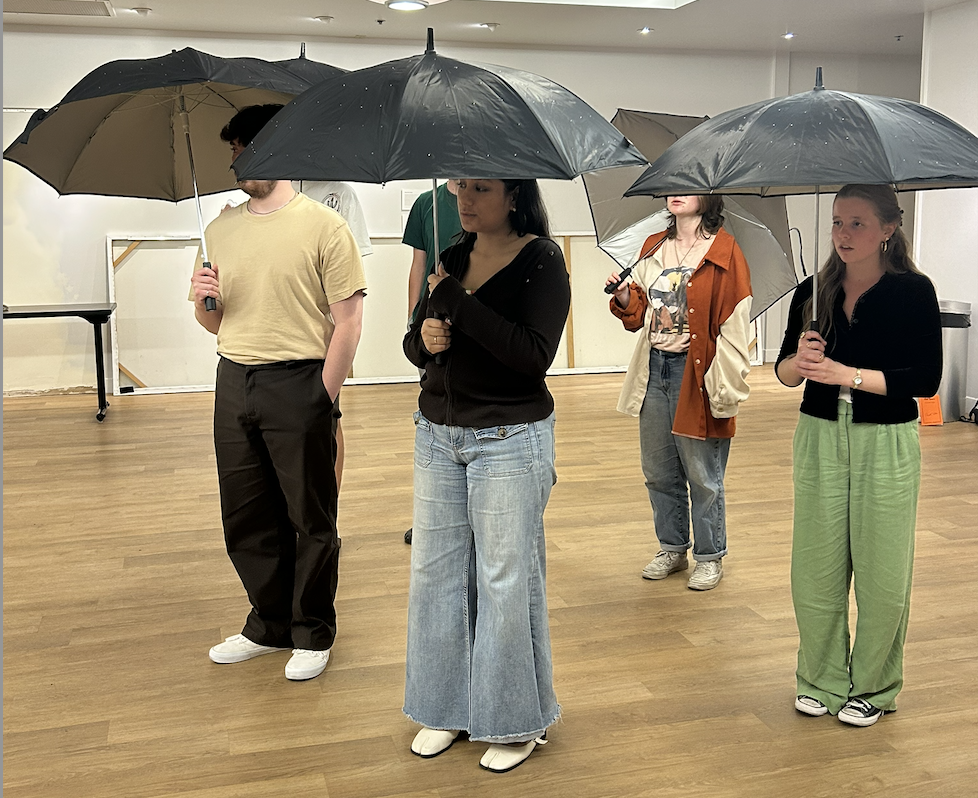Written by Matthew Okada
To some, “House,” released Friday in select theaters, may appear as nothing more than the average mind-bending thriller full of eerie lighting and crazy camera angles. However, to the attentive eye, the movie’s unique plot reveals a subtle web of psychological and spiritual overtones, pointing to something higher than serial killers and special effects.
The film, directed by Robby Henson, is based on the novel of the same name, co-written by Frank Peretti and Ted Dekker. Peretti and Dekker, both famous for integrating Christian themes and allegories into their works, have sold over twelve million books in the last 20 years colletively. Consequently, “House” is saturated with metaphors of sin and salvation, light and darkness. The movie begins with the scrolling words of John 1:5: The light shines in the darkness, but the darkness has not understood it. Throughout the film, characters struggle with the flesh-and-blood incarnation of this verse, coming face-to-face with the darkness in their world and in themselves.
Jack and Stephanie Singleton (Reynaldo Rosales and Heidi Dippold) are struggling to mend a marriage full of resentment and blame following the tragic death of their only child. On the road to another dreaded counseling session, the couple crashes in the backwoods of Alabama, leaving them lost and car-less, with no cell phone service. Desperate, they backtrack on foot and stumble onto a dark, decrepit inn. Jack and Stephanie wander inside where they meet two more stranded travelers, Randy Messarue (J.P. Davis) and Leslie Taylor (Julie Ann Emery). The couples soon encounter the owners of the house, Betty (Leslie Easterbrook), Stewart (Bill Moseley), and their son Pete (Lew Temple), who reveal some frighteningly bizarre behaviors. Alarmed, Stephanie attempts to flee the menacing house, only to be confronted by a masked man brandishing a shotgun.
After bolting the doors, Betty explains the identity of the dark figure, who is known as the Tin Man (Michael Madsen), and is responsible for numerous inexplicably executed deaths. As the panicked guests struggle to control their terror, a metal can clangs down the chimney, a cryptic message scrawled on its crumpled exterior establishing the Tin Man’s “House Rules.” The group is thrown into a deadly, convoluted game, in which the only way to survive is to kill, the only way out is further in, and every player is forced to confront their own sin.
“House,” though clearly produced on a low budget, is both intensely suspenseful and remarkably true to the book. The spine-chilling special effects, including an ominous black fog that seeps out of walls and wounds, are relatively well done. Jerky, often distorted cinematography heightens the feelings of confusion and chaos that the story embodies, and helps disguise slightly mediocre acting. Shocking twists and turns, joined with unexpected moments of horror film-style surprises, make for an exciting, armrest-gripping hour and 40 minutes. All in all, “House” is a suspenseful thriller with a meaningful message – a must-see for fans of Dekker or Peretti.







